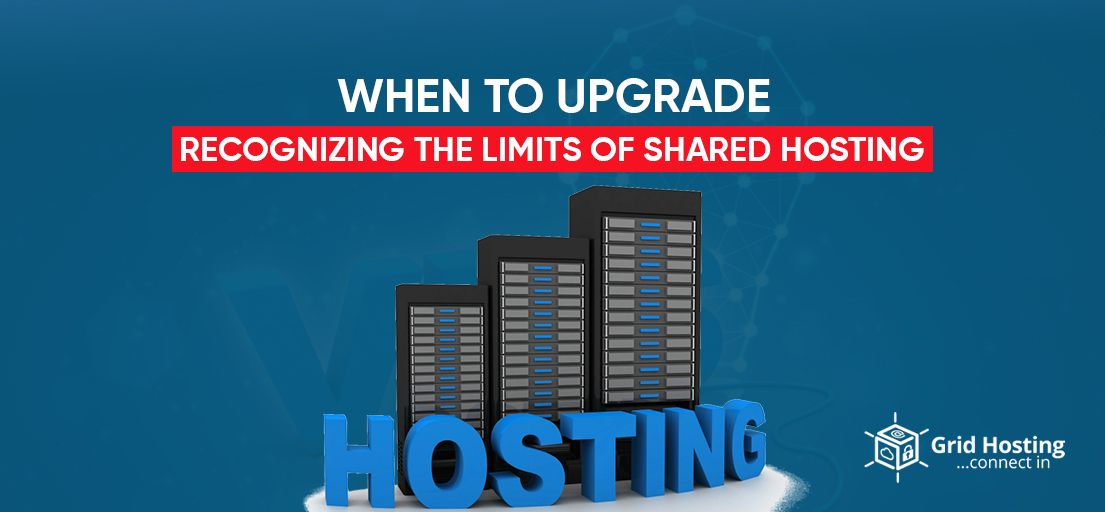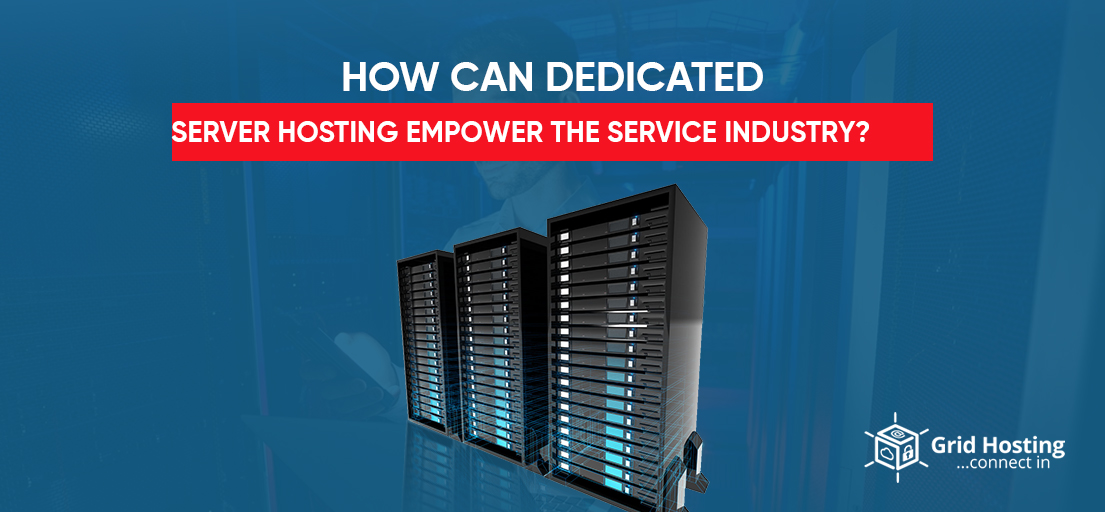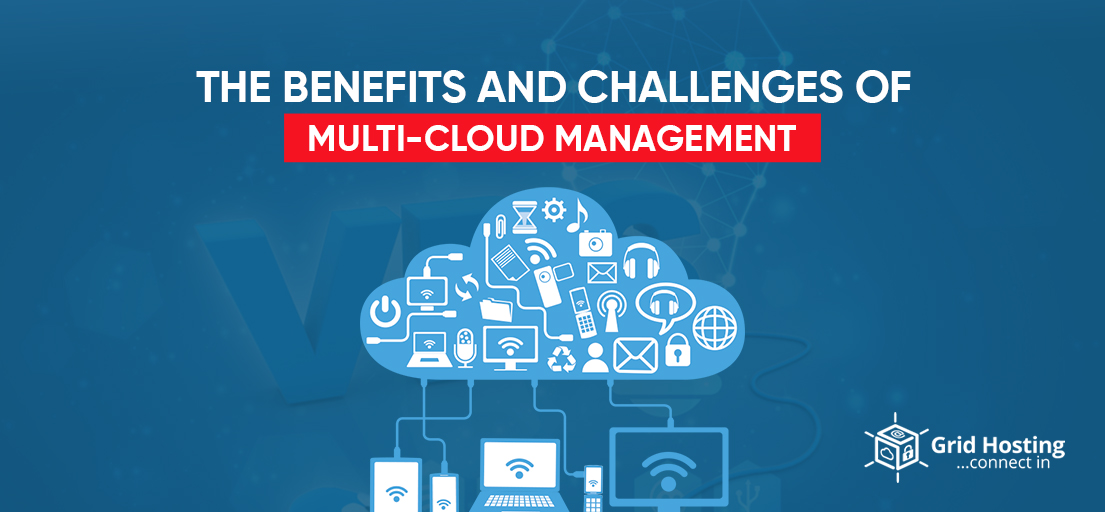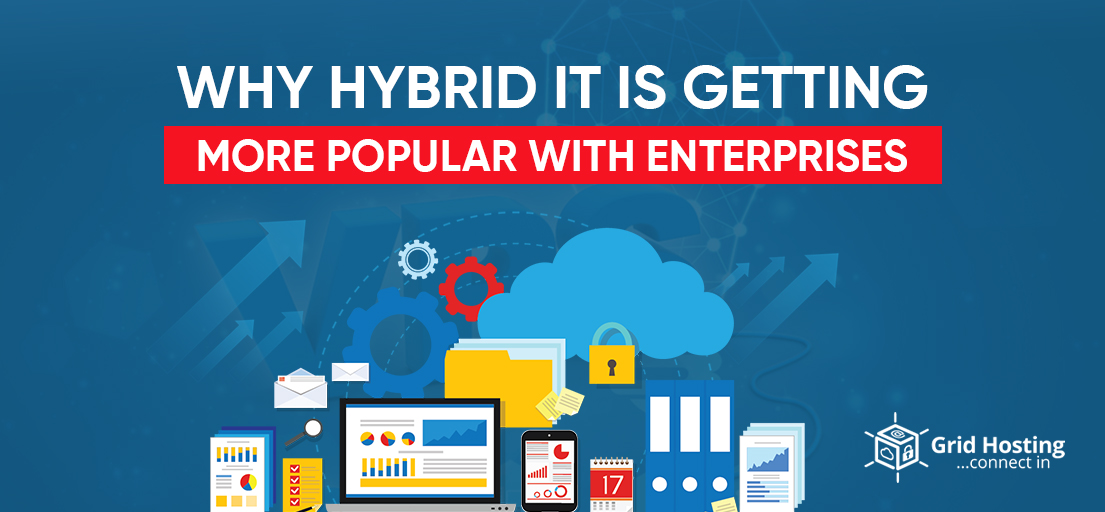In the ever-evolving realm of web hosting, understanding when to upgrade from shared hosting is pivotal for website owners seeking sustained growth and optimal performance. Upgrading from shared hosting becomes crucial when your website outgrows the resource constraints of shared servers. As traffic, content, and functionality increase, recognizing these limits and transitioning to more robust hosting solutions becomes essential for optimal performance and user experience. This article will explore key indicators, benefits, and the process of upgrading, empowering website owners to make informed decisions about their hosting infrastructure.
Understanding Shared Hosting
Shared hosting is an arrangement in which numerous websites share resources such as processing power, memory, and storage on a single server. Traffic surges on one site can have an impact on others. Despite this constraint, shared hosting is simple to operate, user-friendly, and widely used.
Virtualization divides resources into shared hosting for separation and security. While this configuration provides for cost-sharing and affordability, it is critical to monitor resource utilization to prevent one website from using an unequal share of the server’s resources.
Because costs are split among the websites housed on the server, shared hosting is inexpensive. Furthermore, hosting companies handle server maintenance, security upgrades, and technical responsibilities, freeing consumers from the difficulties of server administration. The user-friendly control panels simplify website setup, domain maintenance, and email configuration, making shared hosting appealing to those who want to build an online presence with no technical knowledge.
Benefits & Limitations of Shared Hosting
Shared hosting means that multiple websites are hosted on a single server. This type of hosting has its benefits and limitations.
Benefits:
Cost-Effective: Shared hosting is generally more affordable since multiple users share resources on a single server, making it cost-effective for small websites or individuals.
Ease of Use: Shared hosting providers usually offer user-friendly interfaces and manage server maintenance, making it easy for users with limited technical expertise.
Technical Support: Hosting providers often offer customer support to assist with technical issues, reducing the burden on users to manage server-related problems.
Scalability: It’s easy to start with a basic plan and upgrade as your website grows, allowing for scalability without the need for significant initial investment.
Limitations:
Performance: Shared resources can lead to slower performance, especially during peak traffic times, as multiple websites are competing for the same server resources.
Limited Customization: Users have limited control over server configurations and software installations since the hosting provider manages these aspects to ensure compatibility among shared users.
Security Concerns: Security vulnerabilities may arise if another site on the same server faces security issues. Shared hosting environments are more susceptible to cross-site contamination.
Resource Restrictions: Multiple users share server resources such as CPU and RAM. A sudden increase in traffic or resource usage on a site might influence the performance of other sites on the same server.
Less Control: Due to the shared nature of the hosting environment, users have less control over server settings and may be unable to install certain applications or make server-level adjustments.
When to Upgrade Your Shared Hosting
Upgrading your shared hosting plan is a vital decision that necessitates a thorough awareness of numerous issues. Shared hosting is a cost-effective choice for many small to medium-sized websites, but its limits might impede your site’s growth and usefulness. In this lengthy discussion, we will look at crucial factors that indicate whether it is time to upgrade your shared hosting.
-
Traffic Growth
One of the primary triggers for upgrading shared hosting is a significant increase in website traffic. As more users visit your site, shared resources can become strained, leading to slower load times and potential downtime. Monitoring your site’s traffic patterns and assessing its impact on performance is crucial in determining when an upgrade is necessary.
-
Resource Limits
Shared hosting plans allocate specific resources, such as CPU, RAM, and bandwidth, among multiple websites on the same server. If your site consistently exceeds these allocated resources, it may experience performance issues. Upgrading to a plan with higher resource limits ensures that your website has the necessary resources to handle increased demand.
-
Website Complexity
As your website evolves and incorporates more features, scripts, and applications, shared hosting may struggle to accommodate the increased complexity. Advanced functionalities often require more server resources and control over server configurations, making an upgrade to a more robust hosting solution, such as a Virtual Private Server (VPS) or dedicated server, a logical choice.
-
Security Concerns
If your website handles sensitive information or requires enhanced security measures, shared hosting might not provide the level of security needed. Upgrading to a hosting plan with advanced security features, such as a VPS or dedicated server, can help safeguard your data and protect against potential vulnerabilities.
-
Email Performance
Shared hosting plans typically share resources for both website and email services. If your email performance is suboptimal, especially during peak usage times, it can negatively impact your communication with clients or customers. Upgrading to a hosting plan with dedicated email resources can improve reliability and responsiveness.
-
E-Commerce Growth
For e-commerce websites, handling transactions securely and efficiently is paramount. As your online store grows, upgrading hosting becomes essential to ensure seamless payment processing, robust security, and optimal user experience. A more advanced hosting solution can better support the demands of a thriving e-commerce platform.
-
Uptime Requirements
If your website demands high uptime guarantees, shared hosting may not be sufficient. Downtime can result in lost revenue and damage your online reputation. Upgrading to a hosting plan with better uptime assurances, such as a VPS or dedicated server, provides a more stable and reliable hosting environment.
-
Technical Expertise
Consider your technical expertise or the availability of resources to manage a more advanced hosting solution. While shared hosting is user-friendly, advanced options may require more technical know-how. If you can handle server configurations and maintenance, upgrading can provide greater control over your hosting environment.
-
Cost Considerations
Evaluate the cost implications of potential downtime or lost business against the expense of upgrading. While shared hosting is economical, the investment in a more advanced hosting plan may be justified by improved performance, reliability, and the ability to accommodate future growth.
Exploring Alternatives: Beyond Shared Hosting
As you expand your online presence, consider upgrading from shared hosting to explore advanced alternatives. Each option offers distinct features that align with your evolving needs.
Virtual Private Servers (VPS); A VPS partitions a physical server into multiple virtual servers, each with its dedicated resources.
Advantages: Enhanced performance, greater control, and scalability compared to shared hosting. Users can install custom software and configure server settings.
Cloud Hosting: Utilizes a network of interconnected virtual and physical servers to
provide scalable and reliable hosting infrastructure.
Advantages: Offers flexibility, scalability, and high availability. Users pay for the resources they use, making it cost-effective for varying workloads.
Dedicated Servers: An entire physical server is dedicated to a single user, providing full control over resources and configurations.
Advantages: Maximum performance, security, and customization. Ideal for resource-intensive applications and large-scale websites.
Self-Managed Servers: Renting or owning a physical server and managing it entirely, either on-premises or through a data center.
Advantages: Complete control over hardware and software configurations. Suitable for advanced users with specific requirements.
Content Delivery Networks (CDNs): A network of servers strategically distributed globally to deliver web content efficiently to users based on their geographical location.
Advantages: Improves website speed and reliability by caching content closer to users, reducing latency and server load.
Read More: Secure Your Business with Dedicated Server Hosting
Conclusion
Moving from shared hosting to more advanced choices is an important step in the development of your website. Recognizing when shared hosting is no longer adequate aids in the growth of your online presence. Shared hosting has its uses, but your website should look into more complex choices.
Upgrading your hosting means increasing the possibilities of your website. Upgrades boost performance, security, and expandable space. Make use of these opportunities to build a digital environment in which your ideas can grow.
Upgrading from shared hosting to a VPS plan is a straightforward process. Our professional support team is always available to help you with the migration and initial setup. If you are still confused or need any assistance, please feel free to contact our support department via live chat, email, or phone. Our support services are available 24/7.
For Special discounts and offers, visit our official Facebook Page







